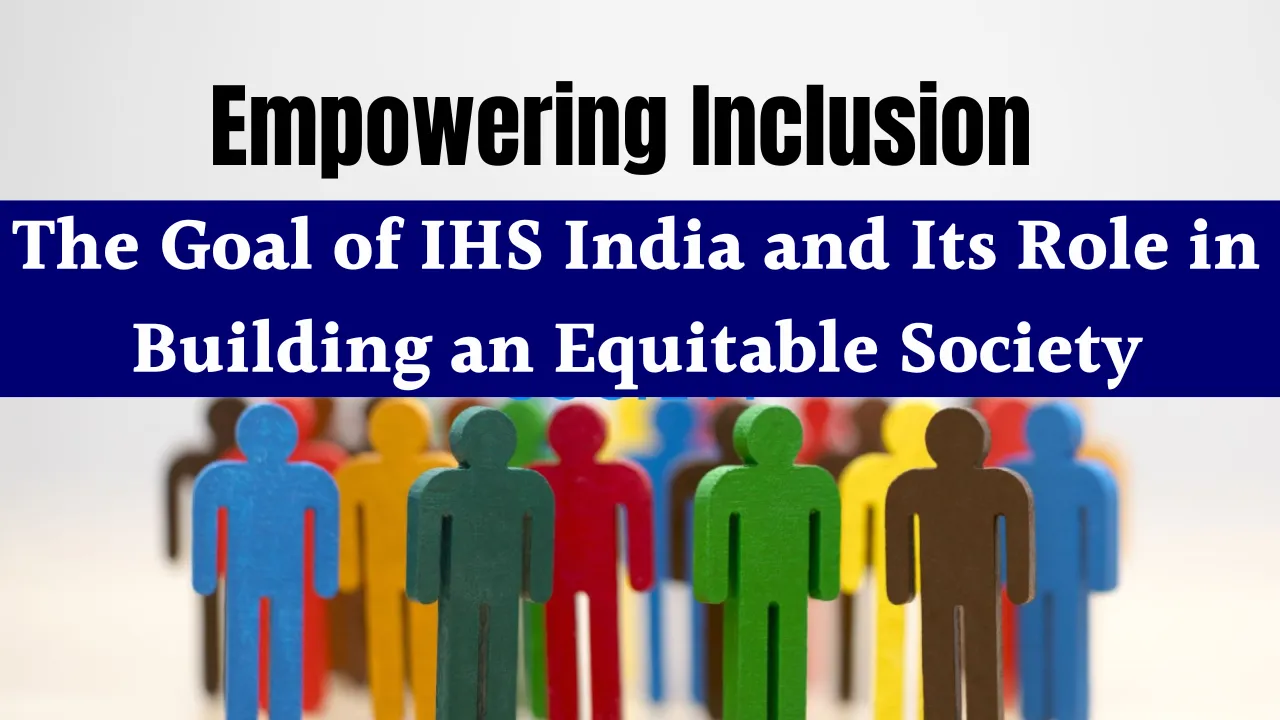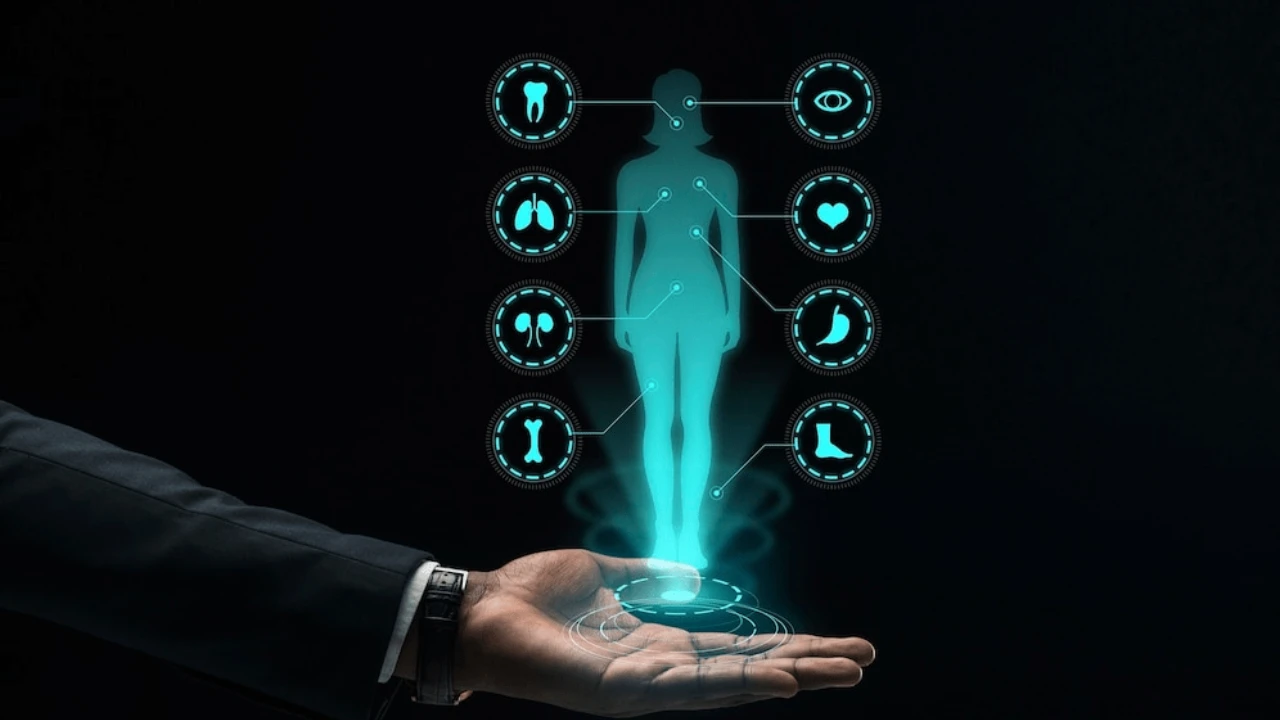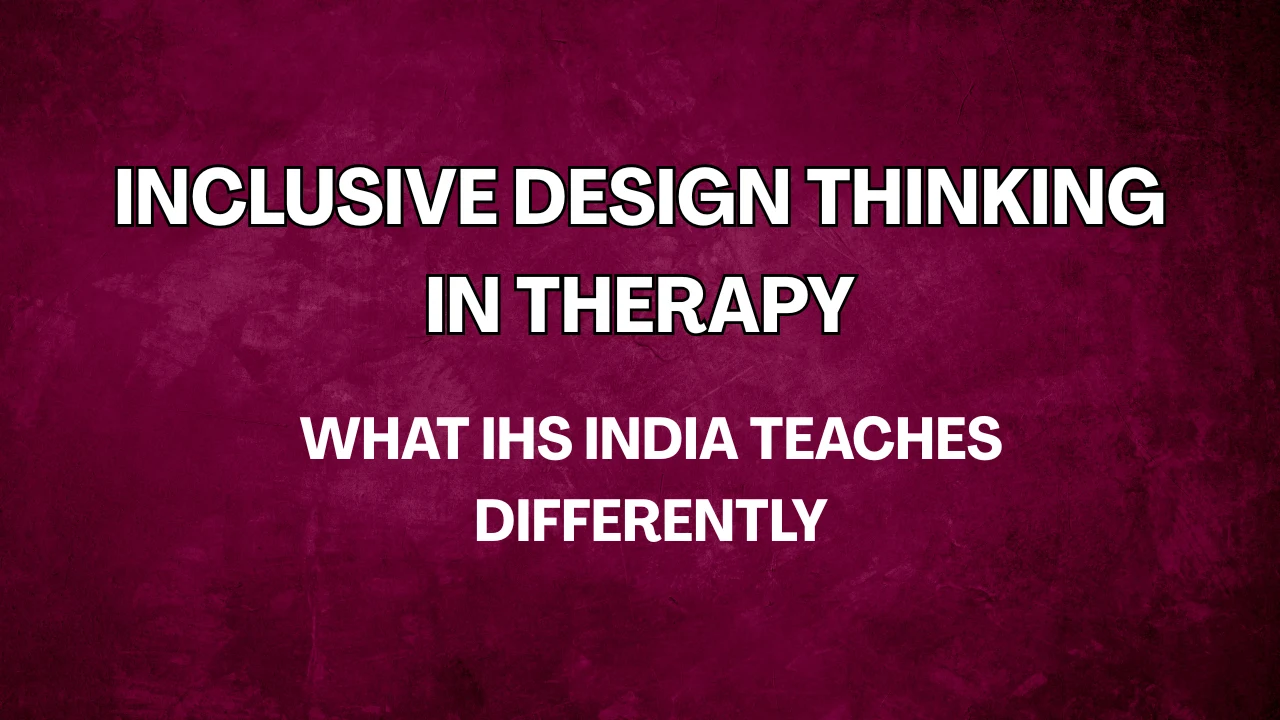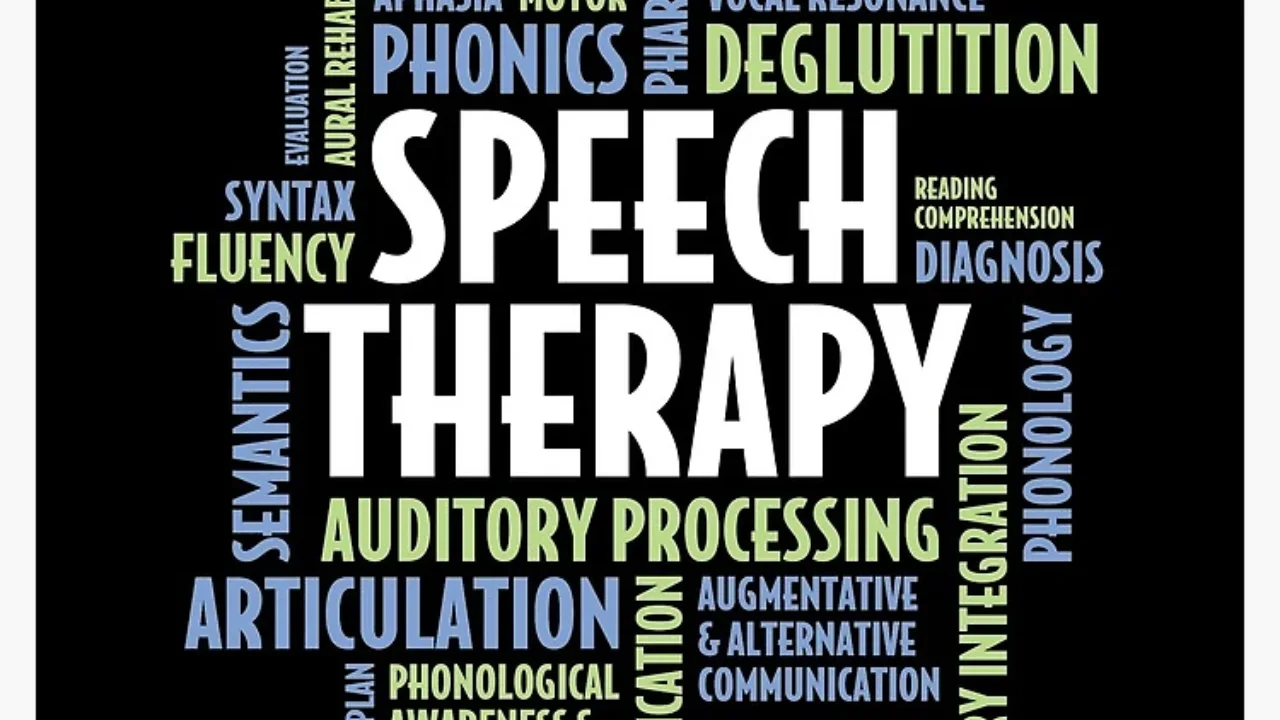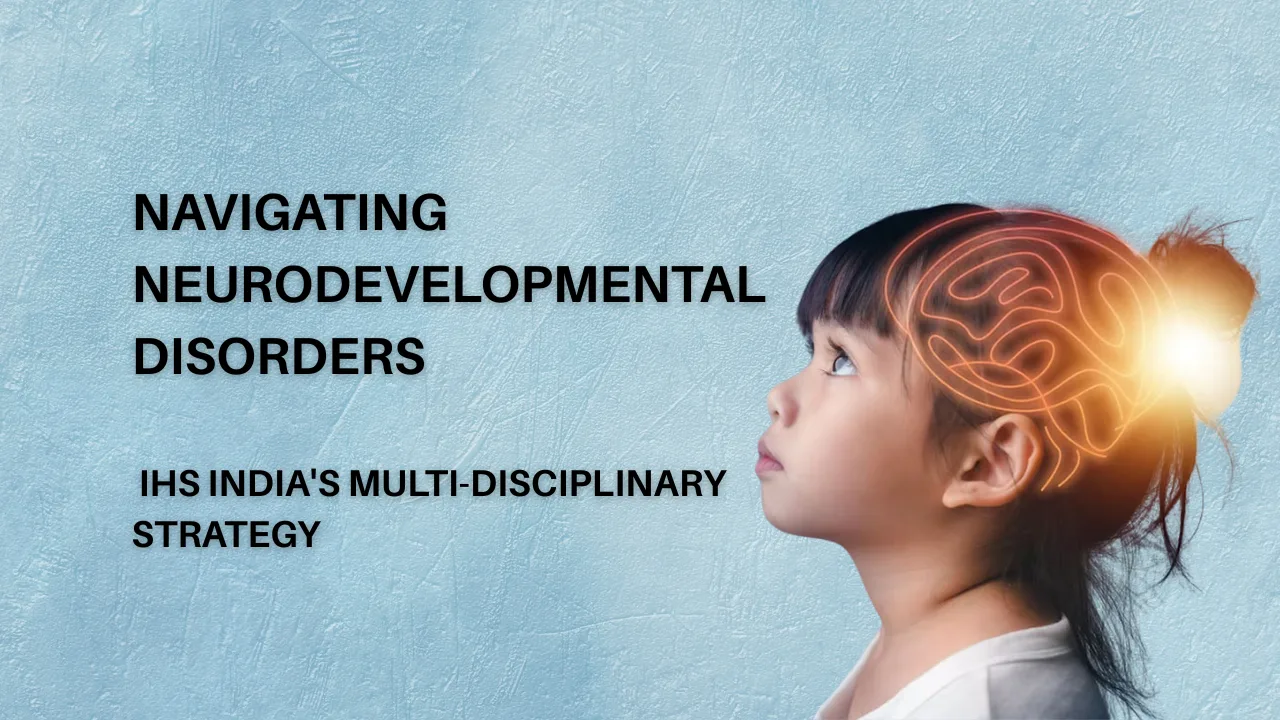India has made steady progress in the healthcare and education sectors, but the journey toward a truly inclusive society is still ongoing. Institutions like the Institute of Health Sciences (IHS) play a vital role in shaping a future where people with disabilities are empowered, educated, and fully integrated into society. IHS is not just an educational institution—it’s a catalyst for social change, committed to equity and access for all.
At the heart of this transformation is the goal of IHS India, which is to build an equitable society by strengthening the capacity of persons with disabilities. This powerful aim goes beyond clinical care, targeting deeper societal changes through education, empowerment, and rehabilitation. The goal represents a clear direction that aligns with the institute’s core mission and programs.
Goal of IHS India
The goal of IHS India is centered on creating a fair and just society where everyone, regardless of physical or cognitive limitations, has equal opportunities to thrive. This is achieved by focusing on capacity building for persons with disabilities—developing their skills, boosting their confidence, and providing access to tools that promote independence.
This approach is deeply connected to the educational programs offered at IHS, such as Bachelor in Physiotherapy (BPT) and Bachelor in Audiology & Speech Language Pathology (BASLP). These programs train professionals who directly support and rehabilitate individuals with various disabilities. Through this work, IHS contributes to a society where people with disabilities are no longer sidelined, but fully involved in community life.
Overview of the Goal of IHS India
| Goal Component | Description |
| Equitable Society | Aims for fairness, inclusion, and equal opportunity for all individuals |
| Capacity Building | Focuses on skill development, empowerment, and access to resources |
| Target Group | Persons with disabilities, particularly those with physical, cognitive, or communicative challenges |
| Methodology | Rehabilitation, education, vocational training, advocacy, and support services |
| Relevance to IHS | Aligns with the institute’s programs in physiotherapy, audiology, and more |
Building an Equitable Society
An equitable society is one where everyone has a fair chance, regardless of their background or limitations. The goal of IHS India emphasizes the importance of creating systems and opportunities that eliminate barriers for persons with disabilities. It’s not just about access to healthcare—it’s about access to life in all its dimensions: education, employment, and participation in society.
IHS India contributes to this broader vision by equipping students and faculty to understand and dismantle the obstacles that prevent inclusion. Through this effort, the institute becomes a bridge between clinical intervention and real societal transformation.
The Power of Capacity Building
Capacity building is the main strategy behind achieving the goal of IHS India. It’s about strengthening individuals so they can lead independent and meaningful lives. This includes:
- Skill Development: IHS provides education that empowers individuals with disabilities to learn, grow, and work.
- Rehabilitation: Therapeutic services help individuals reach their physical and cognitive potential.
- Empowerment: Confidence-building initiatives foster independence and self-worth.
- Access: Ensuring resources like assistive devices, information, and support systems are within reach.
By training students in these techniques, IHS not only helps persons with disabilities directly but also creates a network of professionals committed to inclusion.
Rehabilitation and Skill Development
Programs like BPT and BASLP play a key role in the goal of IHS India. These courses produce highly skilled professionals who specialize in physical rehabilitation and communication therapy. They are trained to assess, treat, and support individuals with mobility, speech, or hearing issues.
These professionals are on the front lines of capacity building. Whether it’s helping a child with autism communicate or aiding an accident victim in regaining mobility, their work helps individuals reintegrate into everyday life.
Empowerment Through Education
Education is one of the most effective tools for empowerment. At IHS India, students are taught not only technical skills but also the values of empathy, ethics, and advocacy. The curriculum emphasizes the social impact of their roles and encourages them to see each patient as a full human being with potential, not just a condition to treat.
This educational approach reflects the goal of IHS India perfectly—it’s not just about learning to heal, but also about enabling lives and changing perceptions.
Advocacy and Social Integration
An important part of capacity building is teaching individuals how to advocate for their own needs and rights. IHS India promotes this through its outreach activities and social programs. These efforts give persons with disabilities a platform to voice their experiences and demand equal treatment.
Moreover, students are encouraged to take part in community education, raising awareness about disability and promoting inclusivity. This work fosters a culture where people with disabilities are seen as active, capable members of society.
Key Elements of the Goal in List Format
- Equity and Inclusion
- Fair access to resources and opportunities
- Social integration of persons with disabilities
- Fair access to resources and opportunities
- Practical Implementation
- Therapeutic interventions and clinical training
- Vocational and educational empowerment
- Advocacy for rights and access
- Therapeutic interventions and clinical training
FAQs
What is the main goal of IHS India?
The main goal is to build an equitable society by empowering persons with disabilities through education, therapy, and support.
How does IHS India build capacity?
By offering rehabilitation, skill training, and educational programs that enable individuals to live independently and with dignity.
Who benefits from IHS India’s goal?
Primarily persons with physical, cognitive, or communicative disabilities, as well as society at large through increased inclusiveness.
Are students involved in achieving this goal?
Yes, students are trained to work directly with patients and are encouraged to engage in community outreach and advocacy efforts.
Why is this goal important for society?
Because it promotes fairness, challenges discrimination, and builds a stronger, more inclusive community for everyone.
Final Thought
The goal of IHS India is a powerful reminder that healthcare and education can be tools for social change. By focusing on capacity building for persons with disabilities, IHS is not only training professionals but also reshaping communities to be more inclusive, respectful, and just. It’s a vision of empowerment that touches lives and improves society.
Feel inspired? Leave your thoughts in the comments and explore more stories about inclusive education and rehabilitation!
